Should You Eat Chickpeas When You Have Cancer?
Who knew eating chickpeas when you have cancer was so controversial? I certainly didn’t. But ultimately that is what I discovered after publishing two of my most popular articles; What To Eat While on Tamoxifen and What To Eat During Radiation Therapy. I, then, promised to do a deep dive into the science of chickpeas and cancer to answer the question; Should You Eat Chickpeas When You Have Cancer. Let’s look at what my search found.
This post contains affiliate links. As an Amazon Associate, I earn from qualifying purchases.
Chickpea and Cancer Research Summary
If you scan my posts on what to eat and avoid during cancer treatments, you will see chickpeas on various lists. However, when I added them to a DO EAT list, I received feedback that they should not be on there. When I added them to a DO NOT EAT list, I received feed back that they should not be on this list either. So, which is it? Are chickpeas good to eat when you have cancer or not? I thought I would look further into this controversy.
What I discovered was that the research into chickpeas and cancer is very recent. There are not a lot of scientific articles on how chickpeas can help or hinder cancer treatments. But there are a few promising ones.
Most of the chickpea research, until recently, has been in agriculture and nutrient quality. Apparently, the chickpea plant is not very hardy when soil conditions are not right. It is susceptible to many pests, pathogens, and high heavy metals in the soil. And this is part of the controversy. I explain this later in this article.

What are Chickpeas, exactly?
The chickpea plant, Cicer arietinum, is a member of the Fabaceae family, which includes legumes, peas, and beans. We eat the seed of the plant, which is considered a grain. According to the United Nations Food and Agriculture Organization (FAO), it is the third most important grain crop in the world.
However, as I said previously, it is susceptible to many agricultural stressors. Researchers are trying to find a way to genetically modify the chickpea plant to make it more tolerant to less favorable conditions, but, as far as I am aware, there are no GMO Chickpeas on the market yet. If you know of any, please reach out to me.
There are many varieties of chickpeas grown in different parts of the world. Some of these varieties are known as garbanzo beans, gram, or the Egyptian pea. Chickpea flour is also known as gram or besan flour.
Interesting fact: chickpeas grown in Europe were a substitute for coffee during World War I.
Chickpea Nutrition
Nutrient information is based on data from the US Department of Agriculture FoodData Central.
The nutritional quality of the chickpea is affected, in part, by the quality of the soil it grows in. thus, chickpeas grown in different parts of the world will have slightly different nutritional profiles.
Interesting Fact: Chickpeas grown in the USA and Iran are sweeter than chickpeas grown in India.
Chickpeas are High in Quality Protein
In general, chickpeas are very high in quality protein. One cup will provide over half of the daily protein needs of an average healthy adult woman. Many cancer patients have trouble eating enough protein to support their healing when recovering from surgery and treatments.
Chickpeas are high in most, but not all, of the essential amino acids, such as lysine, isoleucine, and tryptophan. Because it does not contain all the essential amino acids, it is not considered a complete protein.
Interesting Fact: tryptophan is the same amino acid in turkey that makes you sleepy after eating your Thanksgiving meal.
Chickpeas are Low in Fat
Chickpeas are relatively low in fat. The fat that is there is mostly healthy fat, which is comprised of unsaturated fatty acids and high in linoleic and oleic acid.
When chickpeas were routinely added to the diets of adult women and men, a reduction in the total cholesterolwas found. So, chickpeas can help reduce the risk of high cholesterol and heart disease.
Chickpeas are High in Good Carbohydrates
Chickpeas are made of mostly carbohydrates. But before you dismiss them for being high carb, you need to know that they contain mostly healthy carbs.
They have a low glycemic index. So, your blood glucose and insulin levels should remain steady when eating chickpeas. Chickpeas added to a meal containing higher glycemic foods also seems to prevent glucose and insulin spikes after eating.
Chickpea flour, because it is more processed, has a slightly higher glycemic index, but still only moderately affects your blood sugar levels.
Chickpeas are very high in fibre and resistant starches. This means that they are good for your gut microbiome and you.
So, chickpeas can help detoxify your body by helping with bowel movements. And they can also help your gut bacteria produce many beneficial compounds to reduce your risk of diseases such as diabetes, heart disease and cancer.

Chickpeas Contain Many Essential Micronutrients
Chickpeas are packed full of micronutrients and are a very nutritious food.
The mineral content of chickpeas does vary with the place they are grown. However, they do tend to be high in manganese, iron, zinc, phosphorus, and magnesium.
Chickpeas are an excellent source of vitamins. They are especially high in B vitamins, including folate, thiamin, riboflavin, niacin, and vitamin B6.
Chickpeas Contain Powerful Antioxidants
While the darker variety of seeds contain the most antioxidants, the more popular and lighter seeds also contain many of these beneficial phytochemicals.
The antioxidant profile of chickpeas is impressive. The main protein in chickpeas, legumin, is the source of many of the beneficial compounds.
One important anti-inflammatory bioflavonoid, genistein, has sparked recent interest for cancer researchers. This compound may have some anti-cancer effects and help with side effects of cancer treatments.
Interesting Fact: Sprouting chickpeas increases the amount of beneficial isoflavonoids that they contain. Sprouted chickpeas are also easier to digest.
But, Are Chickpeas Good for You?
So, as you can see, the nutritional value of chickpeas is quite high. Overall, yes, chickpeas are good for you.
And for cancer patients, chickpeas can be a very versatile form of protein. For example, making hummus at home can make eating this high protein grain easier if you have a sore mouth or throat from treatments.
Here are 12 health benefits of eating chickpeas:
- Weight loss and lower risk for obesity
- Lower risk for anemia
- Helps with tiredness
- Stronger bones and lower risk for osteoporosis
- Improves immune system
- Better blood pressure
- Reduces cholesterol
- Lower risk for diabetes
- Improves brain function and learning
- Boosts metabolism
- Lower risk for some cancers
- Better heart health
But, while chickpeas seem very healthy, there is a downside to them too. Keep reading, as I will explain the controversy of chickpeas and cancer. You need to be aware of the downside before you answer the question: Should You Eat Chickpeas When You Have Cancer?

Should You Eat Chickpeas Every Day?
While eating chickpeas can be healthy, you likely should not eat them every day.
Chickpeas are not a complete protein or nutrient source. You do need to eat other grains and proteins to get all the essential amino acids in your diet.
Since they are high in some minerals, you don’t need to eat very many chickpeas to get enough. And other plant foods are also high in these minerals too.
Eating chickpeas every day can be monotonous and boring. People need to add variety and excitement to meals. This ensures we get varied nutrients and enjoy our food.
There are also some down-sides to eating chickpeas. So, you may want to read more before you decide on eating chickpeas every day.
Why are Chickpeas Bad for You?
Chickpeas are not inherently bad for you. They are quite healthy, as we have seen. But there are some things to think about before including them routinely in your diet.
Here are 8 potentially bad things about chickpeas:
1. Raw chickpeas contain anti-nutrients.
While chickpeas contain nutrients, they also contain anti-nutrients, such as phytic acid and oxalates. They are called anti-nutrients because they block the action of essential nutrients in your body.
2. Cooked chickpeas contain complex sugars that can be difficult to digest.
This can lead to bloating, flatulence, heart burn, and indigestion. If you suffer from irritable bowel syndrome, you may want to consider that chickpeas may make your symptoms worse. Those undergoing treatment for cancer often have these gut issues too.
3. Chickpeas have a high amount of purine.
Foods high in this compound can affect those with purine metabolism disorders, such as gout, Lesch-Nyhan syndrome or xanthine bladder stones.
4. Chickpeas are also very high in potassium.
Those with heart disease may want to talk to their doctor or registered dietitian about eating chickpeas. The high potassium can interfere with some heart medications, such as beta-blockers.
5. Canned chickpeas have been found to contain rust and botulism agents.
It is important to store the cans properly, don’t use if there are dents in the can, rinse the chickpeas before using, and use them within one year of the canning date. And those with weakened immune-systems due to cancer treatments should cook these chickpeas thoroughly.
6. Chickpeas are often contaminated with herbicides and pesticides.
Many brands of chickpeas may be contaminated with an herbicide called glyphosate, found in Round-Up. This chemical may be linked to cancer, as classified by the International Agency for Research on Cancer, although this has been debated by other organizations.
Because chickpeas are susceptible to many agriculture stressors, such as pests and pathogens, many farmers use this and other chemicals on their crops. One study found that 90% of chickpea products tested, including hummus, dry, canned and flours contained significant amounts of glyphosate.
Interesting Fact: Many governments, including Canada, are proposing to allow increasing use of glyphosate on farms.
Other pesticides, such as chlorphyifos, are used in chickpea agriculture. These chemicals can penetrate the edible parts of the plant, and when cultivated and stored, accumulate to levels often exceeding maximum limits. Soaking, boiling, and sprouting of the seeds may reduce these toxic residues. However, pressure cooking, including using an instant pot, and microwaving may increase the toxicity of these chemicals.

7. Some people may be allergic to chickpeas
Chickpeas also contain many known allergens and can become a problem in allergy-sensitive people.
8. Some chickpea snacks are not healthy
Commercial snacks using chickpeas are popular because chickpeas are high in protein and other nutrients. However, while choosing chickpea snacks over less healthy alternatives may be beneficial, nutrients in the chickpeas are lost during the processing of many commercial snack products.
These commercial snacks may also contain other undesirable additives like salt, sugar and fat. Thus, the health benefits of these commercial snacks are much less than home prepared dishes.
Healthy eating is limiting prepared & prepackaged foods. Instead enjoy home cooked meals as much as possible.
Chickpeas and Cancer
The study of antioxidants in cancer, including dietary compounds found in chickpeas, has produced controversial results. Some say that these compounds are beneficial, but then others say they could be harmful when dealing with cancer. It may depend on individual variations, including your type of cancer, the treatment you are receiving, and even how you like to cook this grain. Ultimately, it is unclear if there is a cancer-protective component to chickpeas in people.
This doesn’t help answer the question of Should You Eat Chickpeas When You Have Cancer, does it? Well, there may be some hope for chickpeas after all.
In more recent studies in cell culture and animals, the key antioxidants in chickpeas seem to kill cancer cells while protecting normal non-cancerous cells from damage of various treatments. Further, extracts from chickpeas have been shown to have anti-cancer effects for some cancers like colon, lung, prostate and other cancers.
But what is clear is that more research is needed.
Are Chickpeas Safe to Eat during Chemotherapy?
Regardless of the downsides, the health benefits of chickpeas may outweigh the risks for those undergoing chemotherapy.
Chickpeas may be able to protect against some chemotherapy side effects, like cancer-related fatigue.
Many chemotherapy patients suffer from nerve damage and brain fog that can last for years after treatments have ended. There is some recent evidence that the polyphenol compounds in chickpeas may help protect the nervous system during chemotherapy.
In another study, a chickpea extract helped boost immune cells in mice undergoing chemotherapy.

Are Chickpeas Okay to Eat during Cancer Radiation Therapy?
The benefits of chickpeas during cancer radiation therapy are one of those topics that researchers are currently exploring.
Early studies suggested that genistein has radioprotective effects on cells in culture. One study was done on human liver cells that divide rapidly. It found that low doses of genistein protected the DNA of those cells from radiation damage, and prevented them from dying because of irradiation. But high doses of genistein enhanced the killing effects of radiation on those cells.
However, these were studies done in a petri dish and in mice in the laboratory using genistein specifically. Does the same thing happen in people being treated with radiation after they eat chickpeas? We don’t fully know yet, but new research seems promising.
There are some studies that suggest eating chickpeas during radiation therapy may help prevent some side effects of radiotherapy. But no conclusions can be made based on these few studies. More research is needed.
Are Chickpeas Good to Eat when You are Taking Tamoxifen?
Chickpeas contain phytoestrogens. It was once thought that these phytoestrogens were something to be avoided when you have breast cancer. Early studies showed that tumor growth occurred when both tamoxifen and genistein (a phytoestrogen found in soy and chickpeas) were administered to laboratory rodents and in cell culture. However, they used concentrated extracts. When whole foods were given, no such effect was seen. Other studies demonstrate that chickpeas contain other isoflavanoids that can be beneficial in the treatment of breast cancer.
Are Chickpeas Good to Eat when you are Taking Aromatase Inhibitors?
I could not find many studies on chickpeas while on Aromatase Inhibitors (AIs), specifically. But what I did find were studies that show many of the compounds in chickpeas act as aromatase inhibitors.
“We identified 11 major compounds, including organic acids, organic acid glycosides, flavone glycosides, isoflavones, and isoflavone glycosides, as potent human aromatase inhibitors.” Journal of Separation Science
So, hopefully they discover that chickpeas have a synergistic effect and help prevent cancer when on AIs. But, we just don’t know yet.
The Chickpea Cancer Cure by George Ashkar
I hesitated to include this here. But I did come across it in my searches, so perhaps you did too? My opinion on this: it is quackery and nonsense. Perhaps you may even get a chuckle out of it, although I do think he is serious.
The premise is to suck chemicals causing cancer out of your body by implanting a chickpea into a wound in your skin. It has no sound scientific bases, is not well written, nor does it make sense to me. In his bibliography, he denounces all medical journals since 1900 as “fraudulent and fake”, a sure sign that his “cure” is nonsense. The author was arrested in 1985 for attempting to use this treatment on a woman with breast cancer.
So, if your search uncovers this book or anything about the chickpea cancer cure, keep scrolling.
So, Are Chickpeas Good to Eat when You Have Cancer?
You need to weigh the pros and cons of eating chickpeas for yourself given your own individual circumstance. If you are uncertain, then ask a registered dietitian, naturopathic doctor or other qualified medical health professional who knows your medical history and treatments.
For most, the benefits of eating chickpeas likely far outweigh the risks. In general, chickpeas are a healthy food, a good source of protein and phytonutrients. They can be a part of a well-balanced healthy diet.
We do what we can with the knowledge we have in the moment.
I Still Eat Chickpeas
As for myself, I do eat chickpeas. I am on an AI medication called exemestane, and I don’t worry about eating chickpeas on this drug. When shopping for chickpeas, I try to find organic products but will buy regular chickpeas when organic are not available or are not on sale.
I do what I can with the knowledge I have in the moment. And, for now, I choose to continue to enjoy this delicious and healthy grain.
I love veggies dipped in hummus. My favorite is spicy chili hummus, but I like all kinds. Homemade is the best.
I sometimes buy commercial roasted chickpeas snacks. My favorite is barbecue. But I don’t’ make eating these salty snacks a regular habit.
I truly enjoy chickpeas.



Chickpea Recipes to Try
Here are seven delicious chickpea recipes from some of my favorite food bloggers:
Quick and Easy Roasted Chickpeas
A Healthy Veggie Chickpea Salad
Vegan Lemon Chickpea and Orzo Soup
Delicious Hummus without Tahini
I hope my deep dive into Chickpeas and Cancer helps you decide if you should eat chickpeas, whether you have cancer or not. Please comment below with your thoughts about chickpeas. Yay or Nay?
If you want to read more about foods and cancer, here are other articles:
Top 10 Super Foods that Fight Cancer
The Truth About Chocolate and Cancer
Fight Cancer with Delicious Cruciferous Vegetables
Can Pomegranate Juice Cure Cancer?
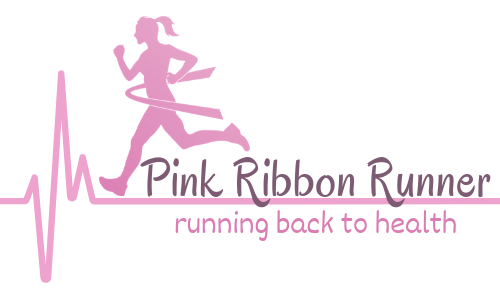
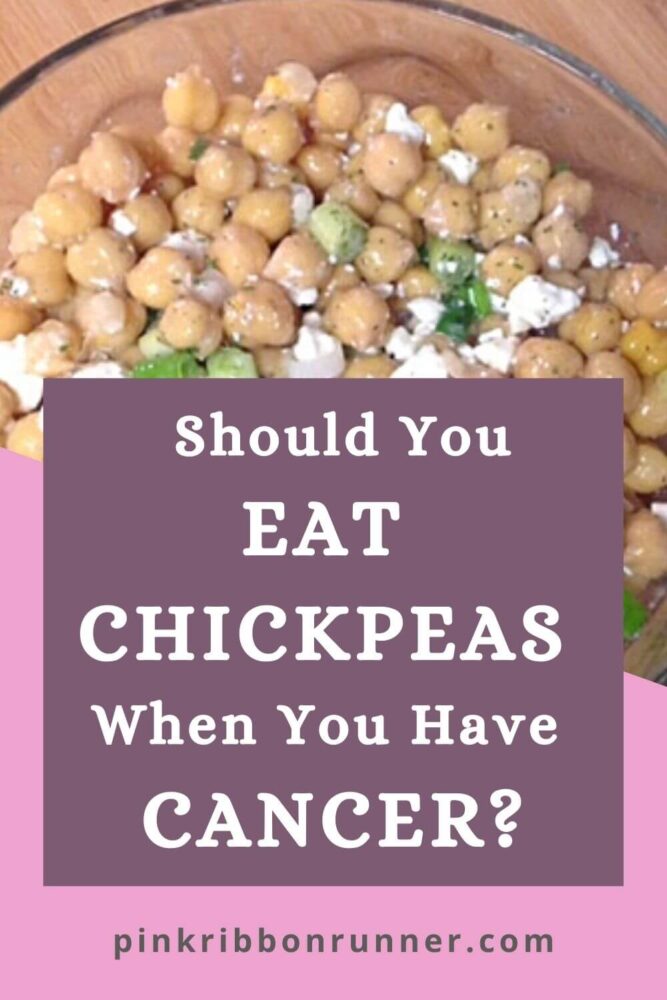

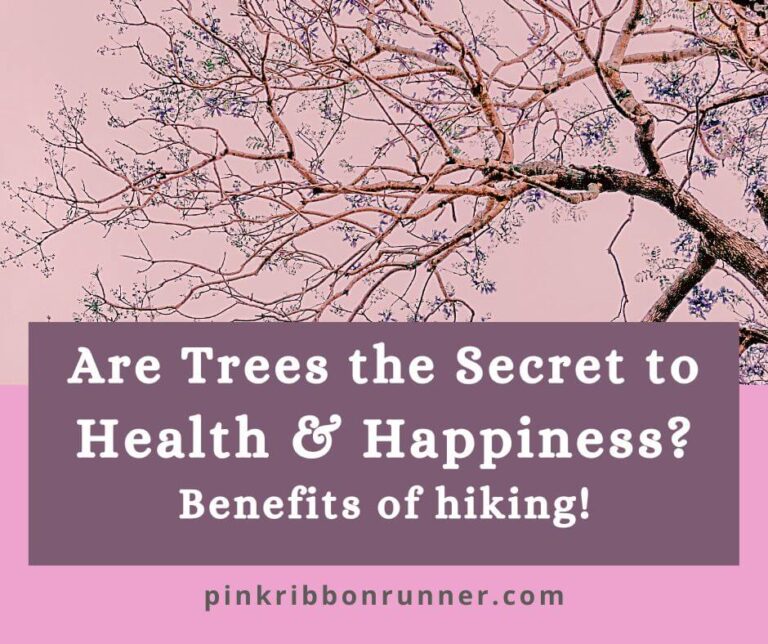
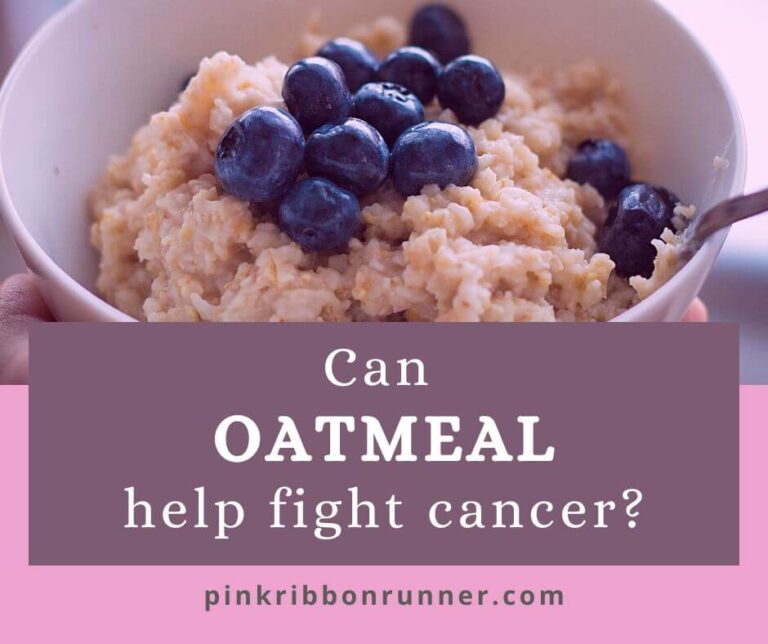
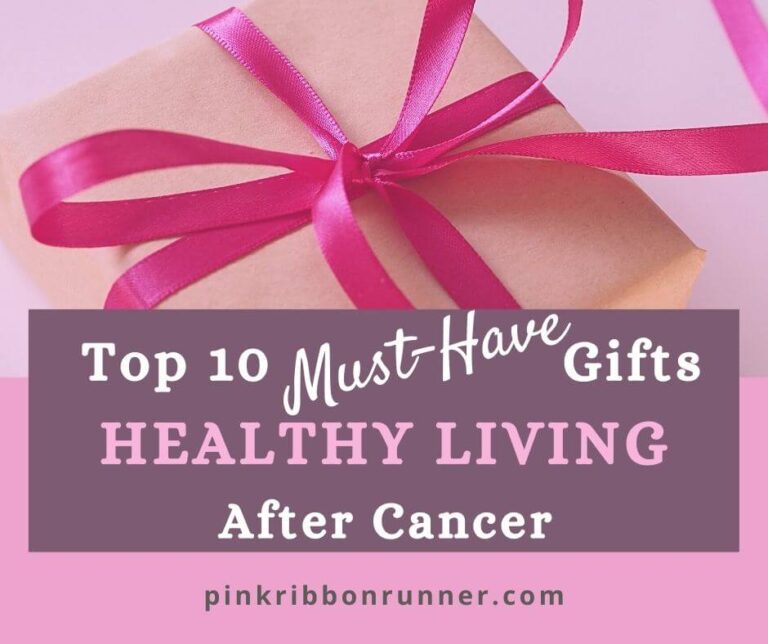
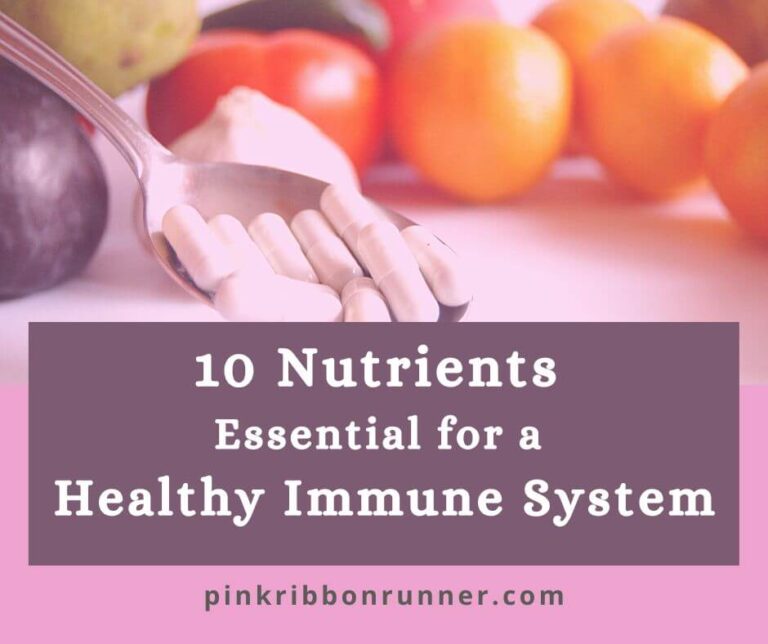
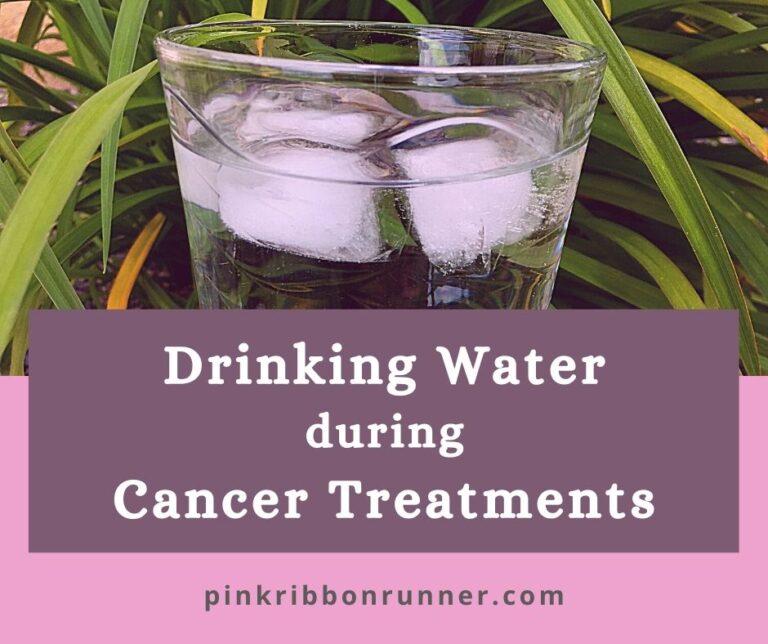
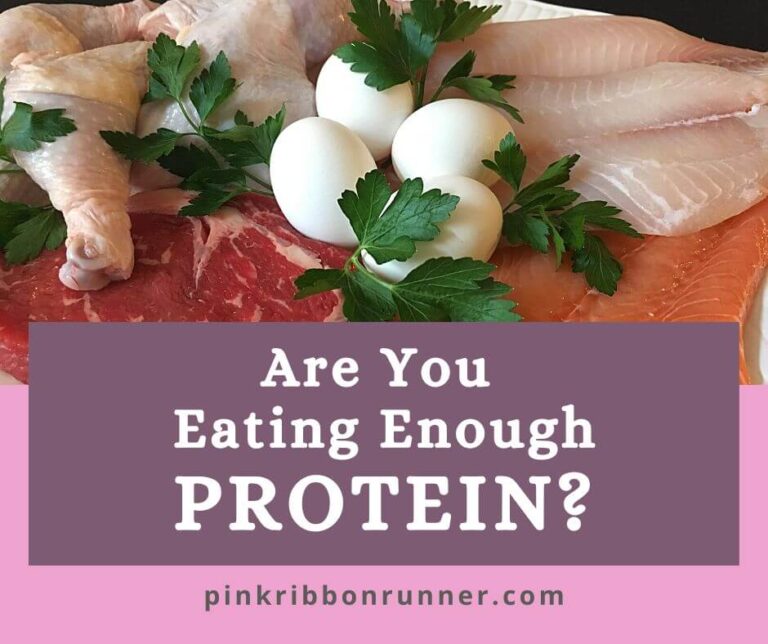
My mother is in remission for multiple myeloma and still eats chick peas. The doctor said most foods (including this one) is good in moderation. She stays away from sugar though.
I am so happy your mother is in remission. That is great news.
Wow, is this a thorough post! I never gave chickpeas much thought until now..thank you for the details info and list of benefits.
Glad you enjoyed it. There is actually a lot to know about chickpeas.
What a great post! I really enjoyed reading more about the nutrition aspects of the humble chickpea. Thanks so much for including our hummus recipe too.
My pleasure. It is a delicious recipe.
So many facts I didn’t know about chickpeas. That’s interesting that they were even used instead of coffee…
After turning plantbased I learn to eat chickpeas, glad to know more about it with your article.
Thank you so much for including my chickpea salad and soup recipe here. Much appreciated.
I had to include it… it’s delicious!
Thank you for the thoroughly researched article. I had no idea a simple chickpea was so controversial! I love chickpeas in recipes and will be trying out some of the recipes you linked to!
I don’t have cancer, but my mom eats chickpeas often for maintaining her weight and I grew up on them. I never understood why she liked them so much until I just read this article. Thanks.